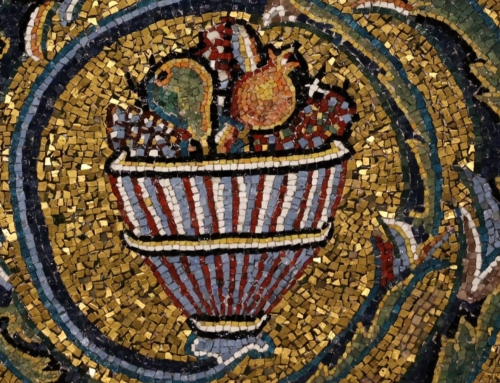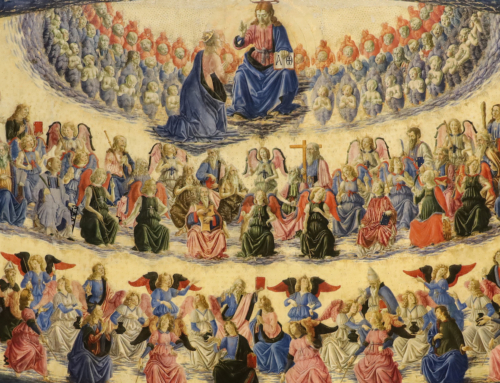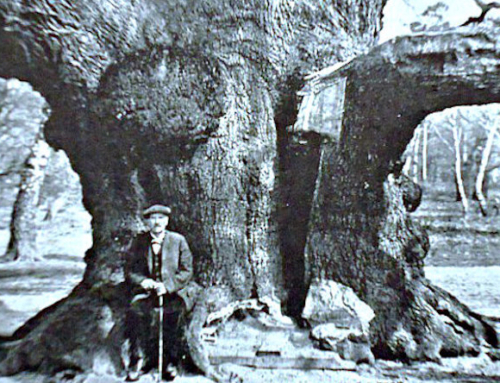This old man could never forget what happened to him on that mountain. The hike to the summit with his teacher and close friends, then the light, the confusion, the voice. He could not understand what had happened for a while. Only later, things began to make sense. What he saw and heard on that mountain changed his life, and he wanted it to change the lives of others too. Even when he grew old he would tell people about it to convince them that what he said, what he preached, was true.
This man was the apostle Peter. At the beginning of his second epistle, he writes about this mountaintop experience with Christ. He says, “we ourselves heard this voice [of the Father] come from heaven while we were with him on the holy mountain” (2 Pet 1:18). Why does Peter begin his letter by sharing his witness of Mount Tabor? Peter could have begun his epistle with his own calling, another miracle, or even the empty tomb. Even after witnessing so many other miracles, Peter still thinks the mountain-top experience was essential. Indeed, it seems fitting for Peter to reference his mountain-top experience for three reasons: the event affirmed his faith, strengthened him in temptations, and gave him a glimpse of future glory.
The mountain top experience affirmed Peter’s faith. Although Peter had seen many mighty works done by Jesus, he had not seen Jesus’s divinity, which remained hidden while he was on earth. In both Matthew and Mark’s account, however, Peter made a confession of faith prior to his hike up Mount Tabor. Peter’s confession, “You are the Christ the Son of the living God” (Matt 16:16) expressed a belief in Jesus’s unseen divinity. On the mountain, Peter saw the divinity glorifying Jesus’s human body and heard the voice of the Father. This experience thus affirmed Peter in what he already believed.
On the heights of Tabor, Peter was also strengthened in his future temptation. Peter indeed did fall into serious sin when he denied Jesus three times. After falling, as Matthew recounts, “Peter went outside and wept bitterly”(Matt 26:75). However, unlike Judas, Peter was able to seek the Lord and be forgiven. It seems fitting that this encounter with God on the mountain would have strengthened him in his temptation to despair after his fall.
Finally it was fitting that Peter saw the glory of God. In his second epistle, we learn that it was still very much on his mind, even as he approached his last days on earth. This vision gave him strength not only through the events leading up to Easter Sunday, but also until his own crucifixion in Rome. Mount Tabor was the closest thing Peter ever experienced to seeing God in his essence this side of heaven.
We are not going to be personally led up Mount Tabor by Jesus of Nazareth. Nonetheless, our Lord uses “mountains” in our lives—moments of particular grace—to bring about the same kind of effects. Through consolations our God confirms the faith professed at our baptism. Likewise when we sin, it is his love which brings us back to him in the sacrament of confession. Finally, the experiences we have of God in this life are meant to bring us to see him face to face in the life to come. So as Peter remembered his great experience of God’s love, let us keep in mind that God does great work in our lives, that we too might be strengthened in our Lenten fast and in the Christian life.
✠
Photo by Charles Rondeau, CC0 1.0 Public Domain







